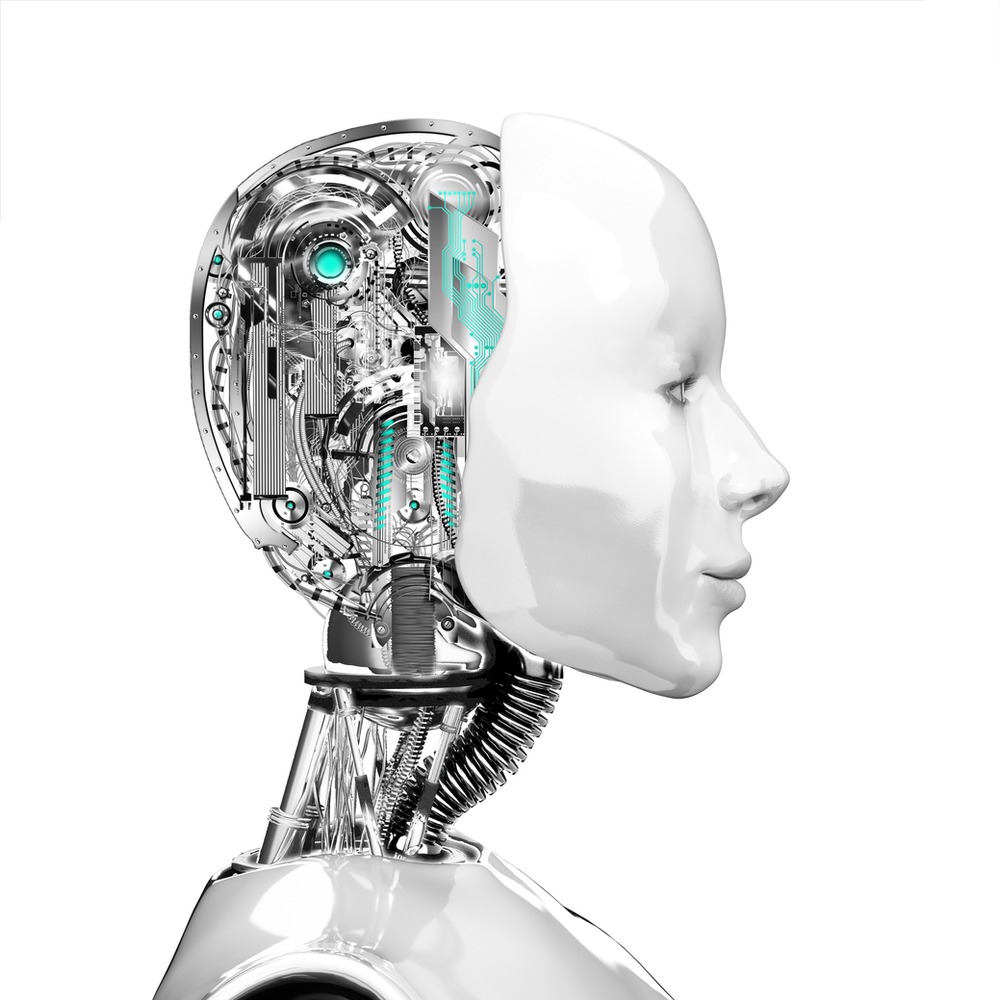HBO’s controversial, creepy, and mystifying hit Westworld recently returned to our screens with the season two premiere. For those unfamiliar, the show follows a not-so-distant dystopian future, where a massive tech conglomerate known as Delos has created an immersive AI theme park experience. The park, called Westworld, is populated by extremely realistic animatronic robots called “hosts”. The first season follows the hosts as they begin to evolve beyond their coded “storylines”, beginning to improvise and make decisions based on what is occurring around them rather than what they were initially programmed to do.
This terrifying evolution not only makes for a captivating hour of television viewing, but serves as a more tangible example for a concept sweeping the tech world: machine learning.
Machine Learning refers to a machine or computer’s ability to train itself to recognize, analyze, and adjust based on data streams it was not explicitly coded to understand. The hosts in Westworld are literally created and coded to live in a narrative loop, incapable of doing anything that deviates from that loop. In fact, at the beginning of the show, the hosts cannot even physically see things that are not pertinent to their narrative.
However, as they evolve throughout the show, they begin to learn how to process new information, and alter their actions accordingly. Rather than only knowing what they were initially built to understand, the hosts display a version of “machine learning”, adapting their analytical and re-active abilities through experiential processing.
Machine learning within a system is about pattern recognition. For example, your systems notices that you keep sending certain outputs back into a data query. It then analyzes those re-submissions, looking for commonalities. When it identifies certain traits or character markers within those data sets that seem to trigger your dissatisfaction, it goes back and annotates it qualifications for passing the data through as processed.
Natural Language Processing is a specific machine learning process that is deployed to actively analyze the language used in written and spoken word, artificially recognizing sentiment. Within Westworld, examples of this include certain characters begin to recognize certain phrases that are associated with certain events, learning the “trigger function” the language serves and understanding the full context. Within the real world, this is often deployed in the financial sector to read investor documents, and analyze the sentiment held towards the subjects of the document and project confidence levels
.
While Westworld provides a dark, gritty take on machine learning and AI, machine learning is greatly improving productivity and machine accuracy across multiple industries. The fact machines are adapting to actively improve the overall integrity of their end result is great news for all those who rely on data analytics to actively improve their business.


